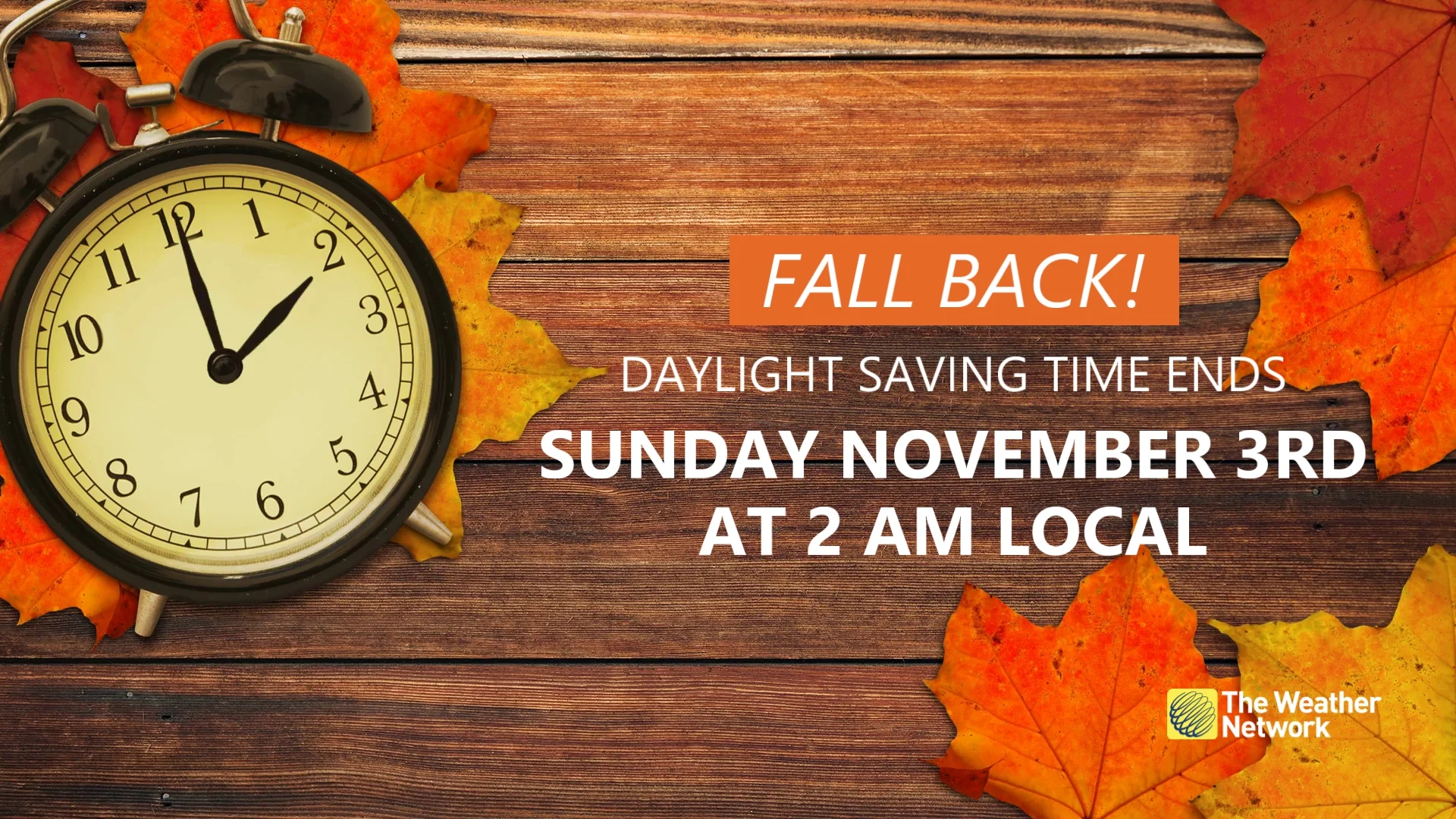
It's almost time to 'fall back': Side effects of the DST switchover
Setting clocks back one hour may come with negative health drawbacks
Once again, Canadians are set for their twice-annual bout with chronological confusion, with clocks set to fall back at 2 a.m. on Sunday, Nov. 3.
QUICK FACTS:
Clocks 'fall back' one hour at 2 a.m. Sunday, Nov. 3
Observed in all of Canada with some exceptions, including most of Saskatchewan
Daylight Saving Time is observed in around 70 countries
Timekeeping is considered a provincial and territorial responsibility

The idea behind Daylight Saving Time (DST) is to maximize the amount of sunlight we see throughout the day, but the switchover isn't universally popular, and according to science, DST may actually be harmful.
Among the potential drawbacks to pushing the clocks back 60 minutes include depression, as the decreased hours of daylight are difficult to manage for many, and a loss of natural vitamin D due to the drop in the amount of available sunlight through the winter.
Watch the video above to find out more about these and other possible health effects when we set our clocks back one hour.
(Header image courtesy of Shlomaster via Pixabay)











